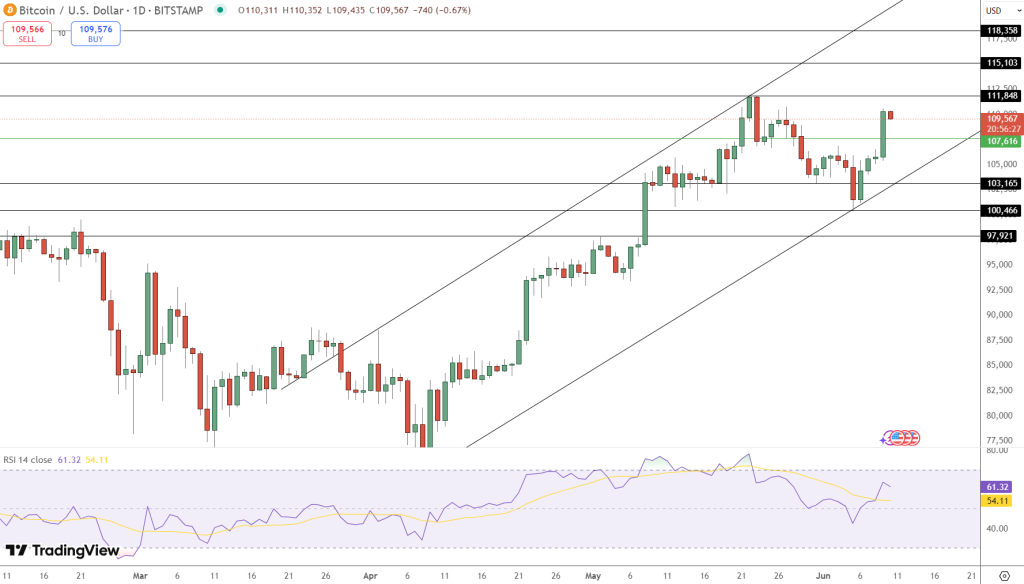Deutsche Bank has agreed to pay up to $75mn to settle a lawsuit brought by an unnamed woman who alleged the lender had benefited from human trafficking by retaining Jeffrey Epstein as a client.
The pseudonymous Jane Doe, who said she was abused by Epstein, first filed the proposed class action against Deutsche in November, after a New York law allowed sexual abuse claims where the statue of limitations had expired to proceed for a limited period of time.
She claimed the German bank “chose profit over following the law” and knew it would “earn millions of dollars from facilitating Epstein’s sex trafficking”.
Dozens of women may ultimately share the damages award, which will be distributed in amounts determined by an administrator assessing individual claims, people familiar with the matter said. Claimants could get as much as $5mn each, the people said.
The settlement draws a line under one of three lawsuits involving lenders to Epstein. Two others target JPMorgan Chase, which has been sued by a different alleged victim and the US Virgin Islands, where Epstein had a home. JPMorgan brought a fourth suit against former executive Jes Staley, accusing him of lying about his relationship with Epstein.
Plaintiffs’ lawyers said they believed the sum paid by Deutsche was “likely the largest sex-trafficking settlement involving a banking institution in US history”.
In a joint statement, Doe’s representatives at Edwards Pottinger and Boies Schiller Flexner said the agreement was the “culmination of two law firms conducting more than a decade-long investigation to hold one of Epstein’s financial banking partners responsible for the role it played in facilitating his trafficking organisation”.
Deutsche paid $150mn to the New York State Department of Financial Services in 2020 over its Epstein relationship and internal compliance failures and last year agreed to pay $26mn to shareholders who accused the bank of misleading them over its client vetting process.
The Frankfurt-based lender had tried to have Doe’s case dismissed, arguing a settlement she reached with the Epstein estate in April 2022 — in which she received $7.4mn — covered the lender’s liability, too.
It also argued Doe’s “deficient” complaint did “not come close” to adequately alleging Deutsche was part of Epstein’s sex-trafficking ring.
Deutsche declined to comment on the settlement.
In recent years, Deutsche had invested €4bn in improving its internal compliance systems, building an anti-financial crime team of more than 1,900 people, a person familiar with the matter said.
The bank first took on Epstein as a client in August 2013, soon after JPMorgan dropped him amid concerns about his sexual misconduct and reports that he was paying victims in cash.
Paul Morris, a former JPMorgan banker who moved to Deutsche, had advised the bank that Epstein could bring lucrative clients with him, according to court documents. Deutsche eventually dropped Epstein as a client in December 2018.
Epstein, his friends and entities that he controlled opened more than 40 accounts at the bank, according to court documents, depositing a combined total of more than $110mn in assets.
In his order denying in part Deutsche’s attempt to dismiss the case, Judge Jed Rakoff, who is overseeing the litigation, said Epstein “solicited Deutsche Bank’s advice about how to structure his withdrawals so as to evade notice . . . and he was shielded by Deutsche Bank’s failure to file suspicious activity reports”.
He said it was “plausible” Deutsche had benefited from human trafficking and agreed to let the case proceed to trial.
Epstein pleaded guilty in 2008 to a state charge of soliciting a minor for prostitution in Florida. He was charged by federal prosecutors with sex trafficking in 2019 and died in jail by suicide while awaiting trial.
Credit: Source link










